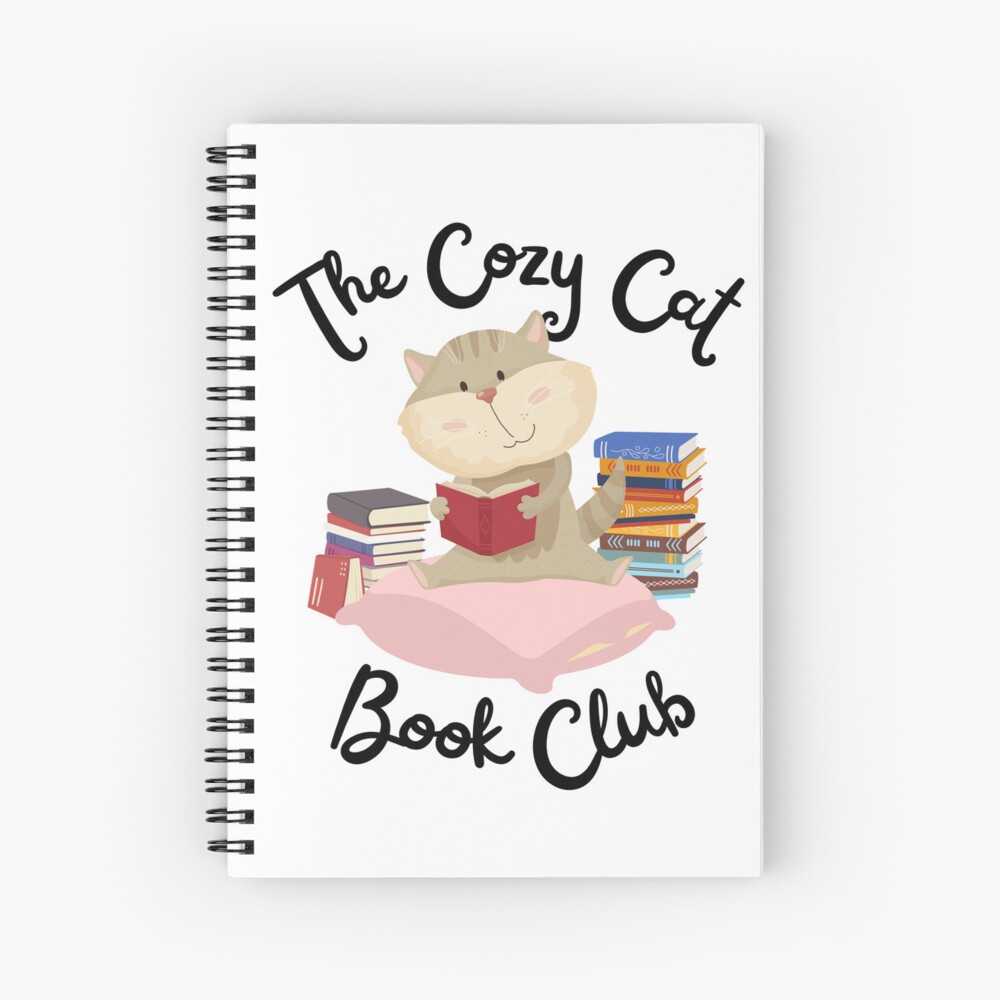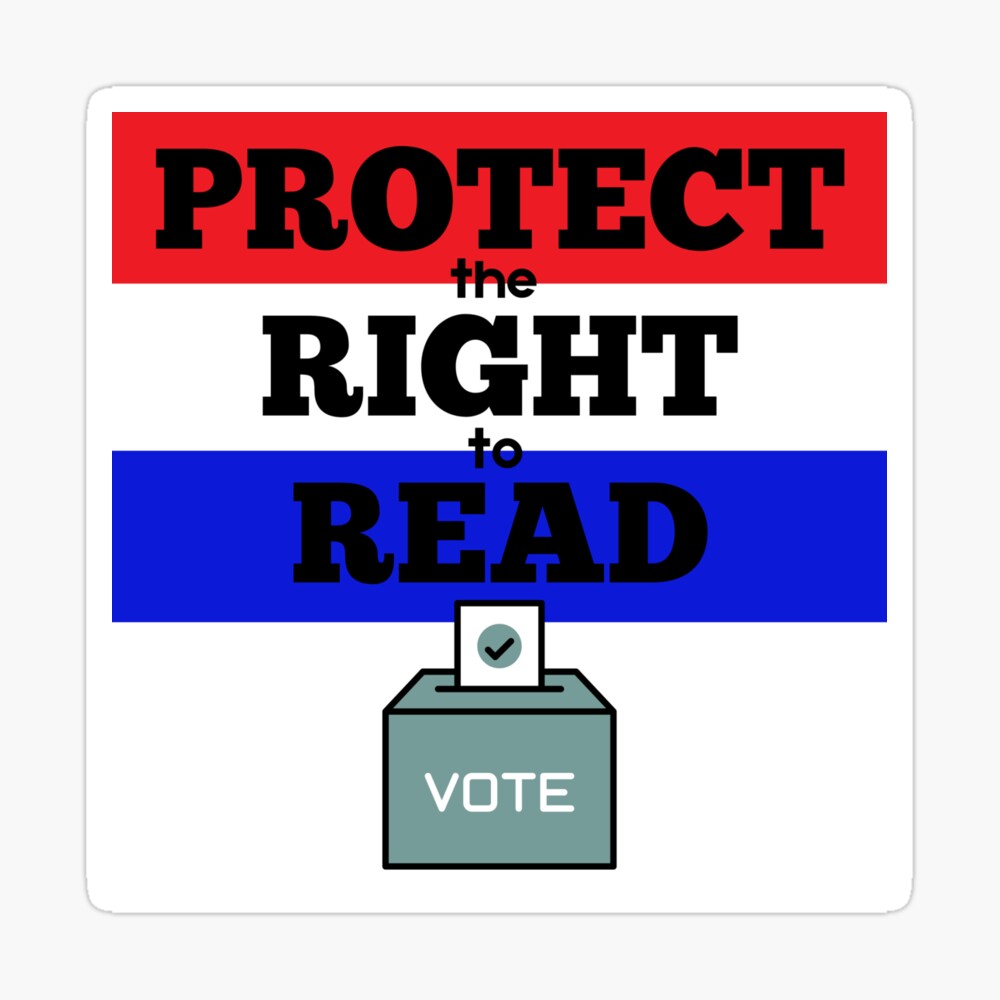I don’t know if it’s the summer heat, the late nights or the extra day-job hours I worked last week, but getting up early to write just wasn’t happening. I resolve to do better this week, and started off with getting up at 6:30 this morning to get a bunch done. It feels good.
But, because there are days, sometimes weeks, that zip by without me getting in some writing, I’ve felt the need for better organization to help me remember the details of the story and help me write it.
You’ve probably heard of having — or have — a character bible, or a file somewhere that lists the main attributes of your character. I created one in a Word doc when I was writing the first draft and formulating the characters. When ideas popped in my head, I jotted them down, noting which ones I was using and which I was keeping around just in case. It’s an informal jumble of a doc and not terribly useful anymore.
So, now that I’m revising the book, I’m creating a new character bible, this time in Excel. I’ve got a worksheet for every main character and a misc for events or misc characters that pop up. And I had fun color-coding the tabs on each sheet. I don’t really know what the colors represent, but they look fun.
The sheets contain discriptions, characterizations, actions, etc., some copied out of the novel itself. Anything I need to help me make sure the character stays the same throughout. If he has blue eyes at the beginning, he can’t suddenly have green eyes in the middle. Clicking on his Excel sheet is much faster than trying to find his description in 200+ pages of novel.
Now that I’m going back through my novel, I’m noticing things at the beginning that I had set up to recur throughout or later in the book, but somewhere along the lines, after a hiatus, they had been forgotten. Now, I’m jotted those down too, in things-to-do-in-the-revision notes and in my bible.
To help save me time, as time is limited between the day-job, housework and life in general, I’ve also created a Words Excel file. Here, I’m collecting lists of useful words that I need often. For example, walking or looking are things a character will probably do a lot in a book, but good writing is about using the word that best describes the way he walked or looked. The problem is that, at 6 in the morning, or during a day-job lunch hour as you write keeping one eye on your watch, the most creative words might not come to you. That’s fine. That’s what revision is for. But having a list of words you can pluck from is helpful, especially words that fit your story or your character. It’s like having a thesaurus that only gives you the words that will work for you.
Of course, you could just search the thesaurus every time, but sometimes, you might have to search a couple times to find the right word, taking up precious time. But if you’ve found this word once before and recorded it in an Excel file, or however you like to get organized, you can look it up again easily and quickly when you need it again later in the novel.
For example, in my novel, I’ve got a character who tends to fight a lot. Look up “fight” in the thesaurus, and you get a bunch of words like scrap, tussle, battle. But if you need words the characters might say as they threaten each other, you’ve got to look up a word like “pulverize,” which gets you a few more words, like demolish, destroy, annihilate. But then you need words for the fight itself, so you look up “punch”, and you get box, smack, swat. Not all these words will work for a middle-grade novel in the point of view of an 11-year-old boy. So, after I’ve done these searches once, I can record all the words pertaining to fighting that will fit my story and characters. Now, when he has another fight in 20 pages, I’ve already got a bunch of words at my finger tips.
You can do the same for “walked”, recording strut, stumble, stroll, and “looked”, recording glimpsed, glared, leered, ogled. How many times do you write, “character A walked to the door”. Now, you can quickly and easily make it more creative, “character A strolled to the entryway” (ok, not brilliant, but you get the idea).
And you can use Excel’s sorting tool to put all the words in alphabetical order for quick browsing.
I don’t know if these tools will work for you, but I’ve found them useful, and hope you will to.
What do you do to stay organized with your writing?
Write On!







4 Responses
I think it’s crucial to be well-organized when approaching a big project like a novel. I keep a thick binder of notes and save revisions…at times it’s a tad compulsive. Your points are good ones and I wish you all the best with your project. We can always use more good books…
Would never have thought of all of this, but it definitely makes good sense 🙂
I do use the computer to keep my work organized, with many files for research, character dvlpmnt, etc. But away from the computer, I like to have a writing journal at hand to jot down those thoughts & ideas that come to me away from the writing. I review that too, before getting back into the writing.
As far as synonyms are concerned, I use the Firefox browser which has a search bar. Google is the default search engine, but you can add other search engines if you want. I’ve added the search engines for Dictionary.com and Thesaurus.com. Thesaurus.com is a great website because it combines several different thesauri (thesauruses?) together. So when I’m writing, I keep my web browser open and use the search bar as my desktop dictionary and thesaurus.